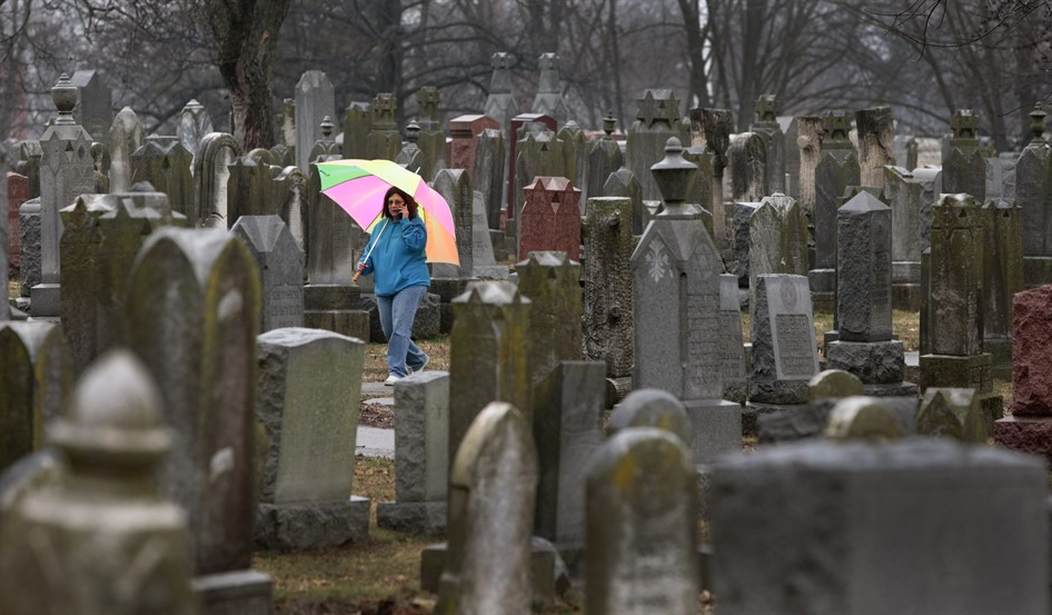Suicide is a hard topic.
I've always managed to be just outside the fallout zone, close enough to feel the implications of the loss, but one degree from direct impact.
I think of a classmate, Tim, whose brother did it as a teen. It was a trauma I observed through one of my closest relationships in life, who happened to be the best buddy of Tim's brother. I sat in the same classrooms as Tim for years, and later even in his mother's office, and never once did I mention what happened. Or that I had been watching someone mourn that loss up close and personal. I never brought it up, even if I wished I could say something comforting.
The truth is a random out-of-blue mention of that time you found your brother could never bring comfort. Maybe shock, sadness, or even slight embarrassment for having something so personal mentioned in a public setting, but not comfort.
I think about a friend and former roommate, who is more of a mother figure to me, and that time I called her as she boarded a plane. She was hysterical while traveling back home because her father, who spent his career in law enforcement and was by all accounts a stand-up guy, had ended his life. Maybe the most chipper, upbeat, and nearly whimsical person I knew was suddenly a middle-aged woman screaming into her phone, on an airplane, in explicit detail, that her "dad had just shot himself in the head."
The memory feels exactly like that: jarring. And I remember later meeting her mother and trying not to pity her as I realized she spent a lifetime raising a family with someone, only to be left to face the realities of old age alone.
I could go on, but let me spare you any more stories because none of them are good ones. And that's the point. What I don't remember is any cheeky humor. What I don't remember in the somber cloud cast upon loved ones was any sense of excitement for their departed friend or family. I don't remember any "good" feelings at all.
But, in the Netherlands, that's exactly what is happening. Young people are planning their suicides under the guise of euthanasia, and they are doing it with excitement and humor.
On Monday night, I read this profile of a young Norwegian woman published by The Free Press: "I’m 28. And I’m Scheduled to Die in May."
I found the entirety of it to be unsettling. She's got a boyfriend helping her pick out her urn, which she half-jokingly (?) calls her "new house!"
The FP wrote:
Her plan, she said, is to be cremated.
'I did not want to burden my partner with having to keep the grave tidy,' ter Beek texted me. 'We have not picked an urn yet, but that will be my new house!'
She added an urn emoji after 'house!'
For the purposes of this piece, I will leave the debate on whether there is a point in terminal medical conditions that euthanasia can be deemed moral or compassionate. Being raised Catholic, that's not exactly my cup of tea, but still, I'll concede that, at some point, things are only headed in one direction. The rest of the "terminally ill" debate I'm not endeavoring to argue here because that isn't the issue I found in this woman's profile.
What I found was a social contagion, something like "happy suicide" under the guise of medical care. In 2001, the Netherlands made history by becoming the first country to legalize euthanasia. Since that time, the increase in individuals opting for euthanasia has been remarkable; it seems to have become an integrated "standard of care" instead of a "last resort" option.
In 2022, there were 8,501 reported cases of euthanasia where the patient requested the termination of their life, marking an increase of approximately 1,000 cases from the previous year and the highest number recorded to date. As the Netherlands sets records for ending people's lives, they want to pass legal expansions to children under 12.
Well, that's a big issue when the justifications being given to ending the lives of young people includes ::checks notes:: climate change, and social media.
The FP reported:
Typically, when we think of people who are considering assisted suicide, we think of people facing terminal illness. But this new group is suffering from other syndromes—depression or anxiety exacerbated, they say, by economic uncertainty, the climate, social media, and a seemingly limitless array of fears and disappointments.
In light of what Americans have seen happen with transgender ideology as a social contagion and the rapid spread of these ideas among youth, conservatives need to be vigilant with pro-life values as it relates to assisted suicide. We cannot let "climate change" and "disappointments" justify stealing the lives of children.
In the age of slippery slopes, this one is the most dangerous and irreversible course there may ever be.














